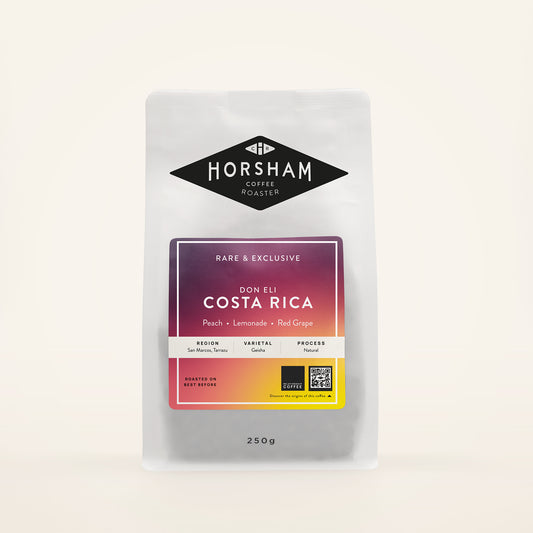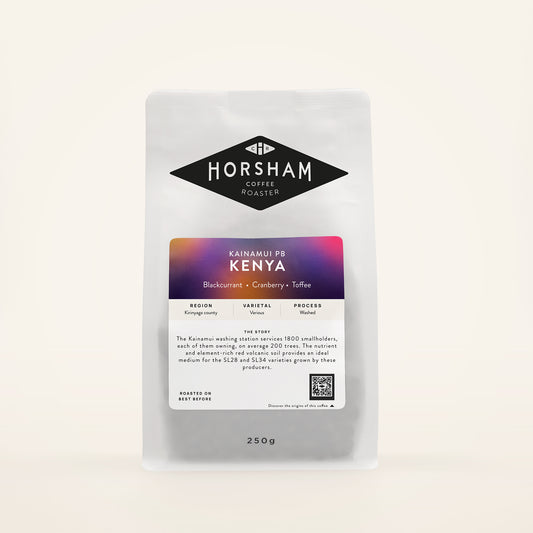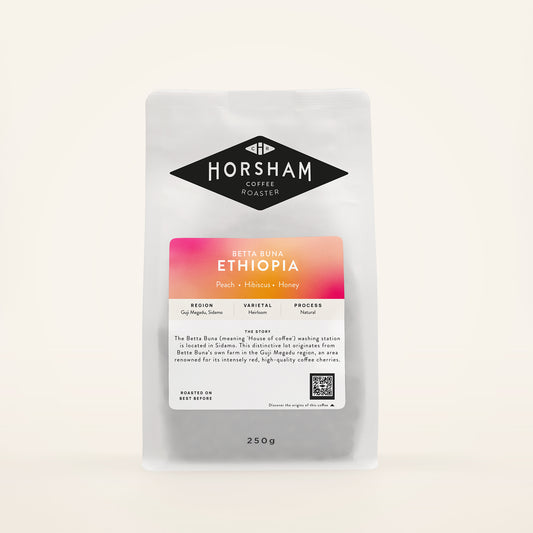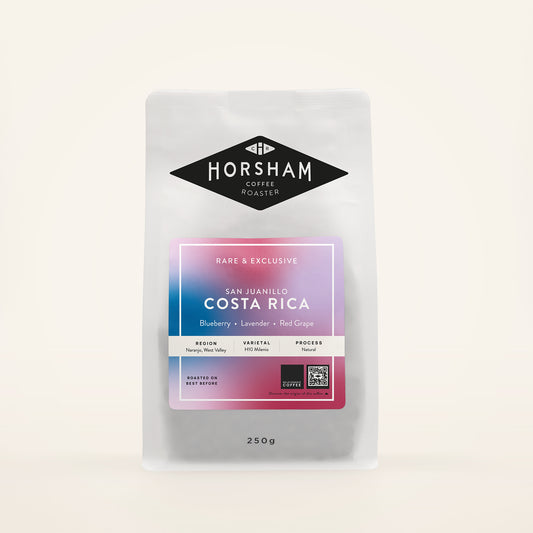Brazilian Coffee Production
Brazilian coffee production has been severely affected by recent weather in the Minas Gerais and Sao Paulo areas of Brazil. Coffee trees don't cope well with low temperatures, and frost can quickly destroy large areas of coffee trees, which can significantly reduce the amount of coffee expected from each tree.
This blog post will discuss global coffee prices, weather challenges, and the effect of frost on Brazilian coffee production.
Global Coffee Prices
Global coffee prices are often a challenging concept to fully understand. On a very basic level, a change to supply in a producing country like Brazil can have a massive effect on the commodity price. This is often hard to fully understand; why should more or less supply from Brazil affect the selling price of coffee in Rwanda!? There are often times when coffee production might be more challenging in certain countries, but the global commodity price for coffee could be at an all-time low due to a bumper harvest in countries like Brazil and Vietnam, and this can cause prices challenges for producers. This is one of the reasons why we focus on direct trade buying at prices that are set by the producers. For example, Rwanda farmers might have a challenging harvest and might need to sell their coffee at a higher price, and we consider this and not the global commodity price.
Global coffee prices are usually affected by supply and demand from the largest producing countries around the world, typically Brazil and Vietnam (there are other factors). The recent news regarding Brazilian coffee production challenges has caused a significant spike in prices. While we still see prices below mid-2017, they are at their highest levels for 3 years.
Coffee commodity prices over the last 6 months:

Frost in Brazil
So what has caused this recent spike? Coffee producers in Brazil have had a tough year. Harvest volumes were a bit lower during the 2020-2021 harvest season pushing prices up. This is understandable as producers will need to sell their coffee at a higher price if they have less of it available to sell. Harvest volumes can be affected by many factors, including weather and the natural cycle of coffee trees. The most significant factor this year is the recent frost. Coffee trees do not tolerate cold weather, especially temperatures below 0. Even a brief period of frost can do very significant damage to coffee trees. On July 20th several weather stations around coffee-producing areas in Central and Northern SDM, Cerrado, and Mogiana reported dangerously low temperatures. Over the last week, coffee producers have been observing the damage, and predictions show that up to 20% of coffee trees have been affected by the frost. It's difficult to determine how much of the harvest will be lost, but initial findings indicate that it could be between 3 and 15%, depending on the area. While this might not seem like an exceptionally high number, it will add to the deficit seen last year.
Frost on coffee trees in Brazil:

This prediction of lower volumes and a potential deficit in coffee from Brazil has very quickly pushed up the global commodity coffee price and could have quite a large effect on the price of coffee here in the UK.
Our coffee prices
At the moment, our coffee prices are unlikely to be affected by the increase in the commodity price. We focus on direct trade coffees and have a really good stock of Rwanda, Brazil, Kenya and Costa Rica, all purchased at direct, fixed prices. The challenges will start to become apparent in the next 6 months when we need to look at new, fresh crop coffee, mainly from Brazil. Fortunately, Inhame farm in Brazil hasn't been affected by the frost, which is great news! However, their lower yields from last year combined with a general increase in the price of coffee from Brazil could mean that we will be expected to pay a higher price for their coffee mainly due to the effect of supply and demand. If there is a high demand for Brazilian coffee scoring 84+ then the owners of Inhame will look to sell their coffees to roasters willing to pay the best prices. And, to be completely honest, this is entirely fair! We've already started to discuss prices and how things might pan out over the coming months, and we will aim to keep our customers updated if we have any more interesting information to share.
If you've made it to the bottom of this blog post, thanks for taking the time to read it! It's a challenging year for producers in Brazil, Covid has made life very tough for many, and the added weather-related problems have created many more challenges. Please continue to buy good quality, direct trade coffees as this helps to support hard-working, dedicated Brazilian coffee producers.




